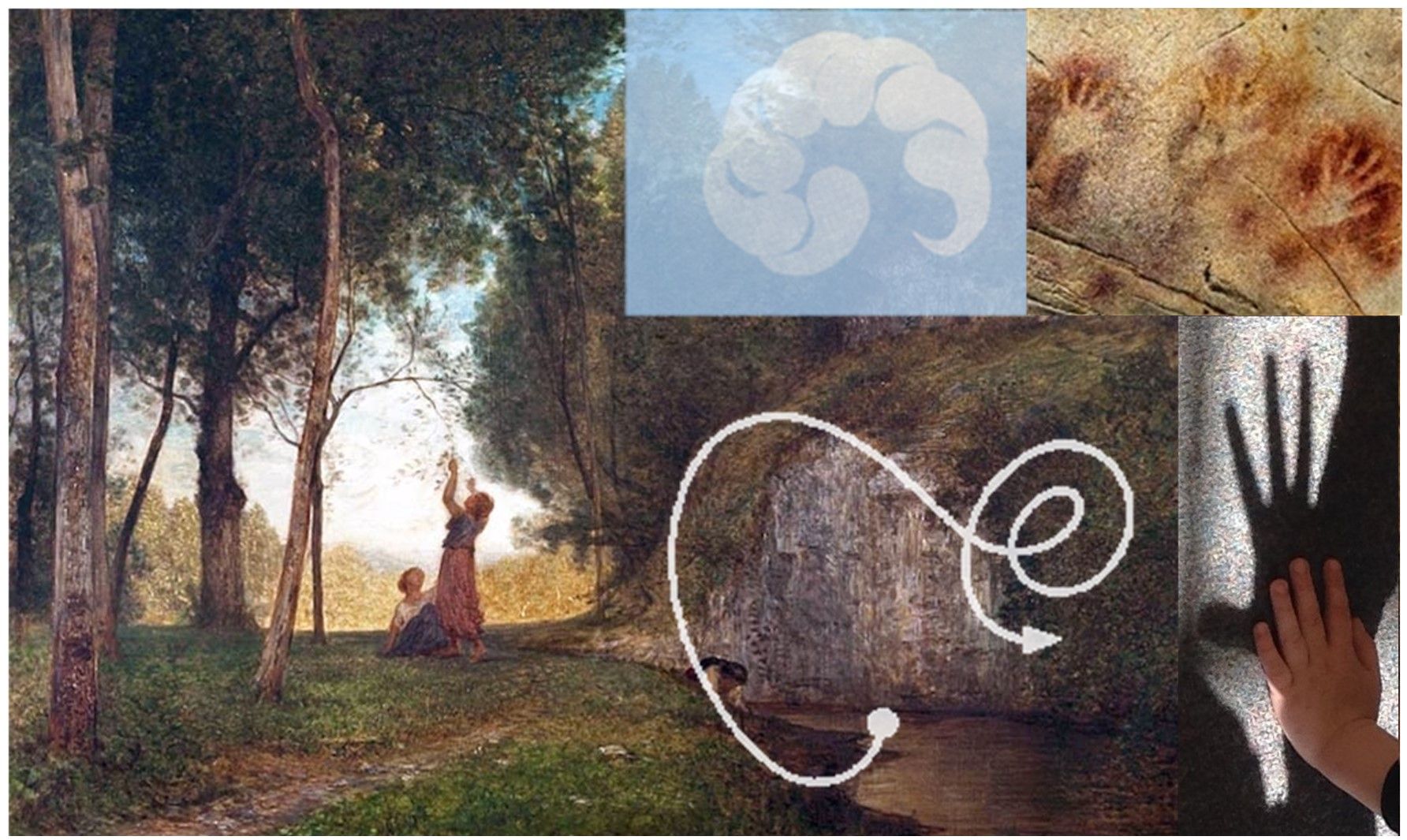Diary
Do contact us with your suggestions for new articles - and we really appreciate comments and other feedback.
Robin Duckett
__________________________________________
The state of education is in a maelstrom, and children, educators and families with it.
Not only the terminologies, but the organisation, habits and environments are also shaped by this discourse. England has one of the poorest minimal standards for educational environments in Europe – if knowledge transfer is the chief definer of desirable education then smaller spaces are adequate – children need to be uniform, passive, obedient and receptive. Programmes of rote-learning are commercial and are pushed as 'effective' and 'efficient.' The situation is diagnosed by many – Professor Peter Moss, Sir Ken Robinson and increasingly parents who have withdrawn their children from school.
We know that learners are not passive receptors. Children are born lively, curious, dynamic, sociable, expectant, creative – in Professor Colwyn Trevarthen's words 'humans (children) are born seeking relationship.' It follows that the education we construct, with the tools of time, organisation, space, professionalism should support this basic human zest, not constrain from the narrowing external concerns about 'upskilling tomorrow's workforce.' But it is a construct – and the lived reality of schools and early childhood centres is of course very nuanced, with many heads, staff groups, managers, committed to 'getting it right'. But it remains a muddle, and it is draining the natural energies of children, and of educators, and is a worry to many parents.
- What are ways in which we can resource and support children in enlivening their curiosity, confidence, daringness, absorption, questioning, exhilaration?
- What are ways we can find to bring these children together to discuss, agree and disagree? To engage in significant learning groups, delving into important ideas, experience and construction of knowledge?
- What are ways in which we can enable their sociable autonomy and rightful importance as citizens?
This is the aim of our summer series 'Learning to Live Well Together' of six internationally-renowned contributors, which begins on 6th July (we also have a complementary introductory session on the 29th June.)
Network member Lottie Child recently participated in a seminar in the House of Commons, hosted by ex-teacher Emma Hardy MP and TED Prize winner Professor Sugata Mitra, to consider 'Rethinking Education.'
Here is her reflection, in which she considers the themes:
- Should schooling be for 'pouring information in'?;
- Children are competent and resourceful learners;
- Rethinking Education;
- Where to with children's agency?
There is an important and recurring thread which seems to run through all: the call for democracy and children's agency in schools. It is so encouraging that the hosting MP also makes this call - read on:
Here 's a presentation about natural communications and relationships happening right under our feet.
Definitely something vital for us all to think about and re-value in how we work and live.
Thanks to Francesca Manfredi, atelierista at Loris Malaguzzi International Centre Preschool & Primary School, Reggio Emilia, for originally noticing and posting this.



